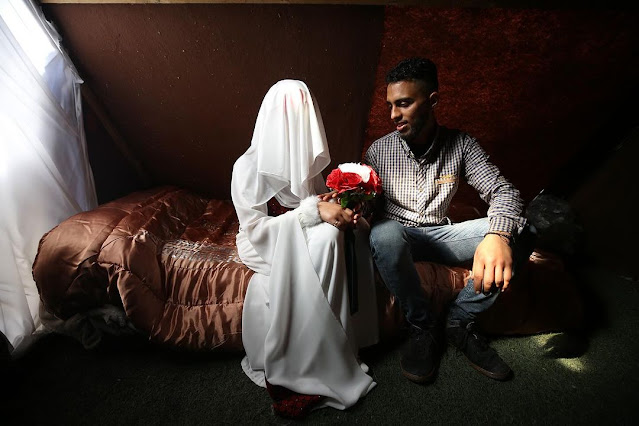For nearly 12 agonizing days, many Palestinians, as well as Arabs, have been haunted by a single question: Where is little Hind Ragab?
Tragically, the answer has surfaced in the most harrowing of ways. Left to perish alongside members of her family, despite her desperate pleas for help, Hind's final moments were marred by fear and abandonment.
Injured and terrified of the encroaching darkness, she cried out for adults to rescue her from the looming threat of Israeli tanks. However, her calls for aid went unanswered, sealing her fate.
Even the valiant efforts of paramedic rescuers, who tirelessly sought permission from the Israeli Army to evacuate her to safety, ended in tragedy as they too became victims of the Israeli army’s brutality.
Hind Ragab, a 6-year-old from Gaza, unwittingly became a symbol of yet another appalling war crime perpetrated by the Israeli army, her final hours a grim testament to the atrocities endured by innocent civilians during a complete world silence.
Her mother let her go with her uncle’s family to seek supposed safety after the Israeli army issued a warning on Monday that it would target West Gaza and that Palestinian residents should head to Deir El-Balah.
But there was no safety on their way.
Hind went with her 44-year-old uncle, Bashar Hamada, and his 43-year-old wife, Anam, along with her four cousins, including 15-year-old Layan, 13-year-old Sana, 12-year-old Mohamed, and 4-year-old Sarah.
They were driving a black Kia Picanto, and imagining all those people in this small car made me feel more stressed.
While they were allegedly heading for safety, the Israeli army’s tank opened fire.
Only Layan and Hind survived but were injured.
To get help, bleeding Layan called her uncle Mohamed Salem Hamada, who lives in Germany’s Frankfurt.
From Germany, her uncle Mohamed called the Palestinian Red Crescent Society (PRCS) in the West to start a saga that would suit a Netflix horror thriller, but unfortunately, it is not fiction. It is real life in Gaza.





-copy.jpg)

